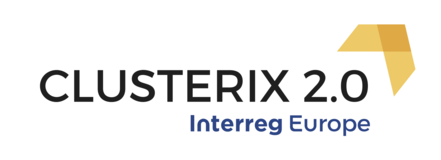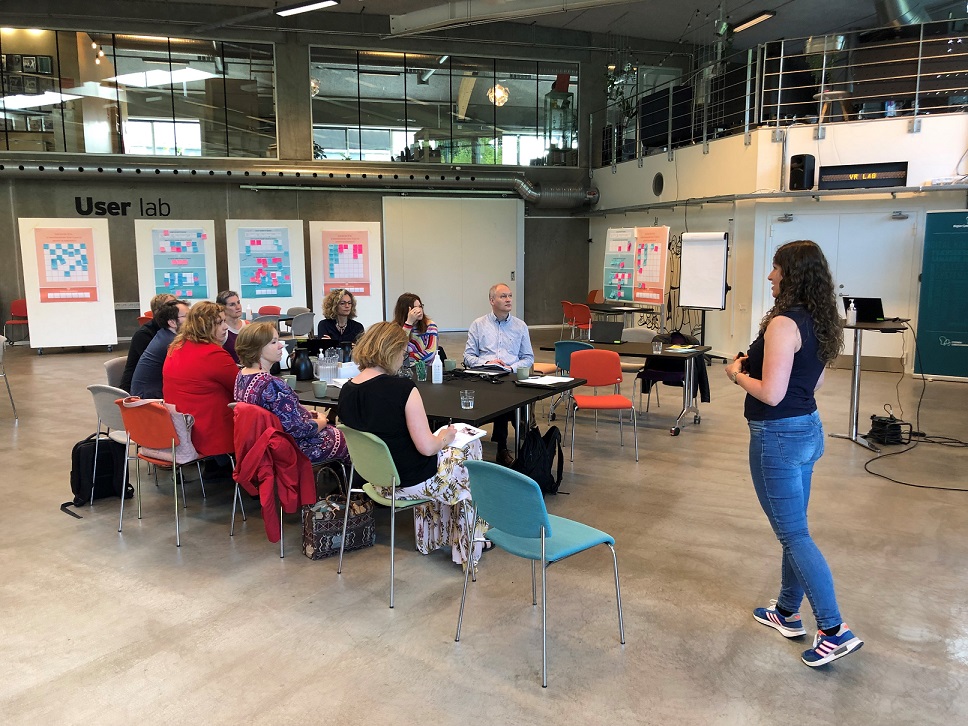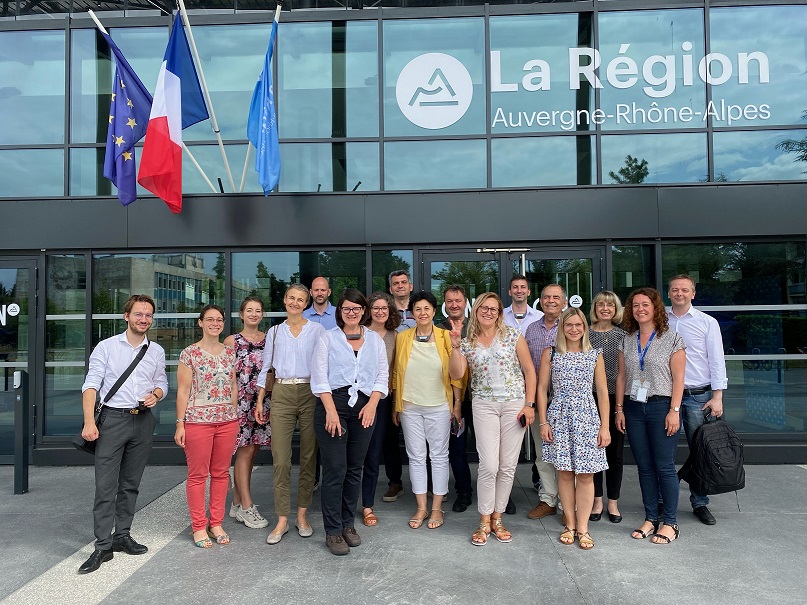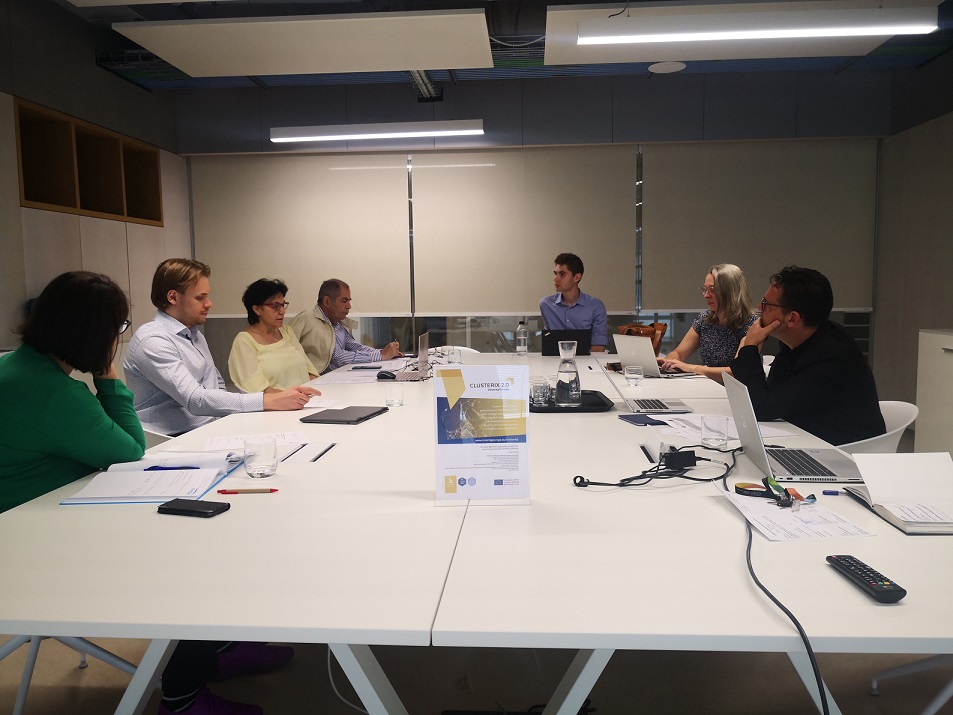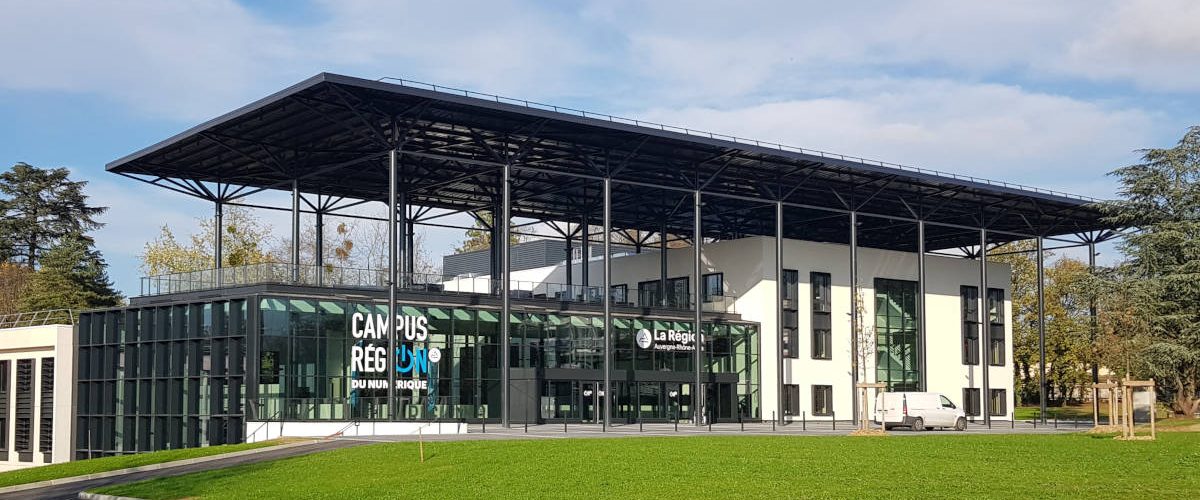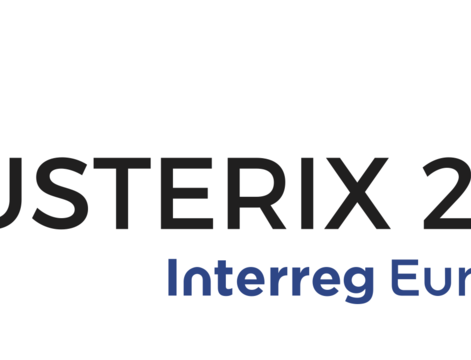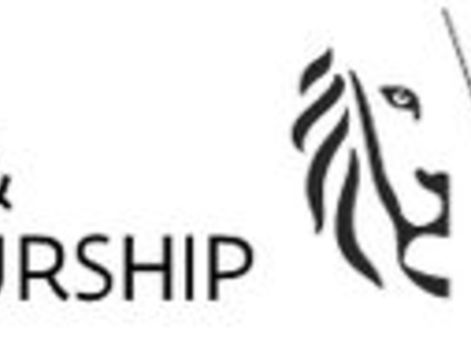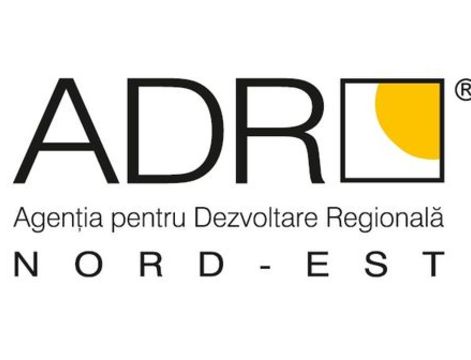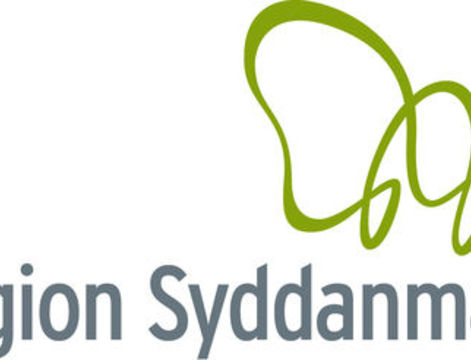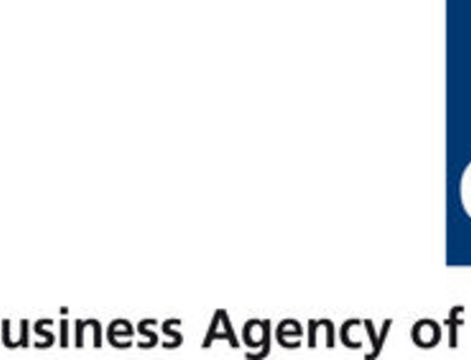The Romanian cluster landscape sees currently 98 cluster initiatives monitored by the Ministry of Economy in Bucharest; 42 clusters are members of the Romanian Cluster Association; 27 clusters have been awarded bronze label by ESCA (3rd place in Europe after Germany and Spain) and 9 have reached the silver excellence label (2nd place in Europe, after Germany). Currently, the Ministry of Economy and the Romanian Cluster Association (CLUSTER) are performing a new cluster mapping process according to the CLUSTERO criteria and 26 clusters have already obtained the national cluster accreditation.
The above mentioned performances have been achieved in a rather “unfriendly” national cluster environment, at least what financing is concerned. Latest available cluster financing scheme was opened in late 2013 and projects have been run until 2015. Currently, only an “innovative cluster scheme” is available, under the ERDF Operational Programme “Competitveness”. However, the scheme is hardly adapted to the realities on the ground in view of co-financing effort (up to 50%) and scope (focus on infrastructure). This led to the massive “under-calling” of the 1st call of proposals launched in 2015, with only 8 proposals and 4 clusters having been awarded financing contracts.
In that context and inspired by best practice examples from the Clusterix 2.0 partner regions, INMA and CLUSTERO have started the effort of shaping-up a national cluster financing scheme under the National RDI Plan III (2014-2020). After discussion on the scope of the specific cluster financing programme with representatives of the National Authority for Scientific Research and Innovation (since January 1st turned into the Ministry for Research and Innovation), a peer review with national stakeholders took place in Piatra Neamt on the 16th of December with the occasion of the traditional informal winter meeting of the Romanian Cluster Association.
Scope of the specific cluster financing programme including list of eligible activities and expenditures were main points on the agenda, based on Romanian cluster needs and best practice examples from the Clusterix 2.0 partner regions. It was agreed that a particular emphasis should be put on developing the cluster management and spectrum of services rendered by the cluster management to its members in terms of innovation and internationalization by according instruments such as innovation audits, competence mapping, Industry 4.0 approaches.
Discussions with the Ministry are to be restarted in March.
